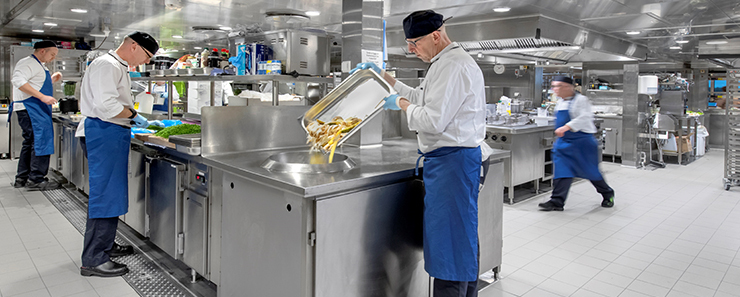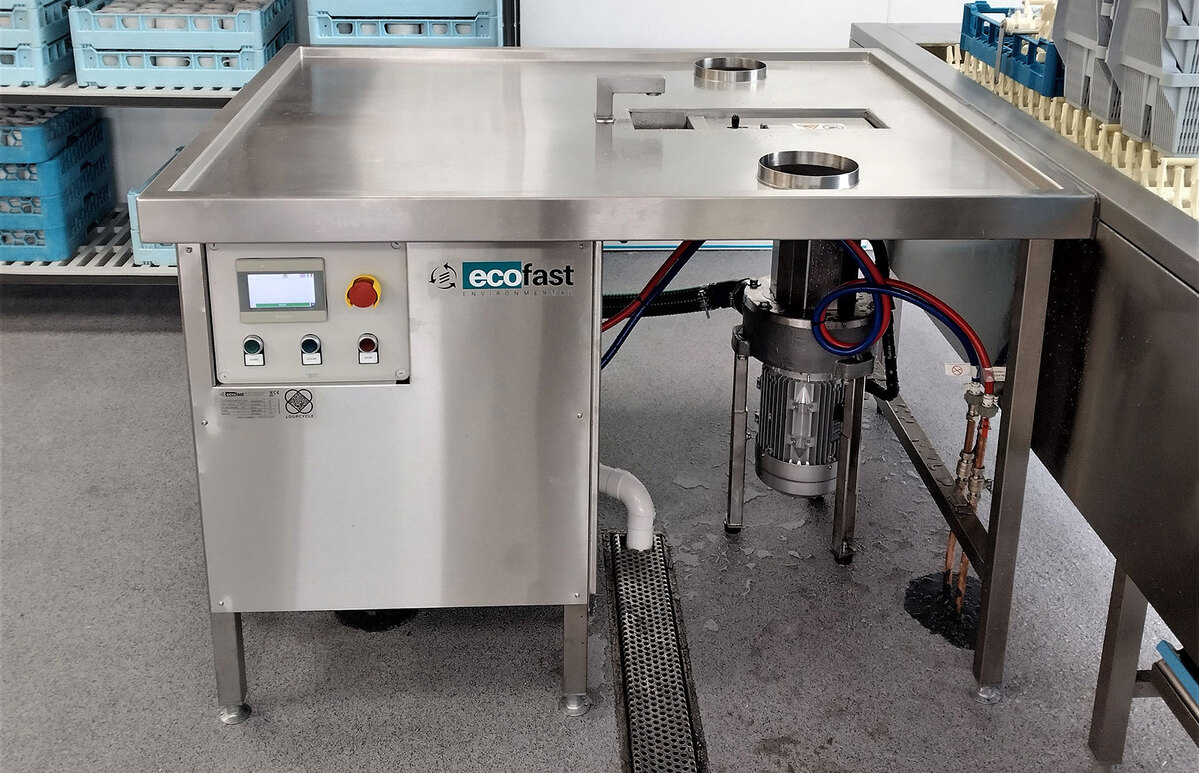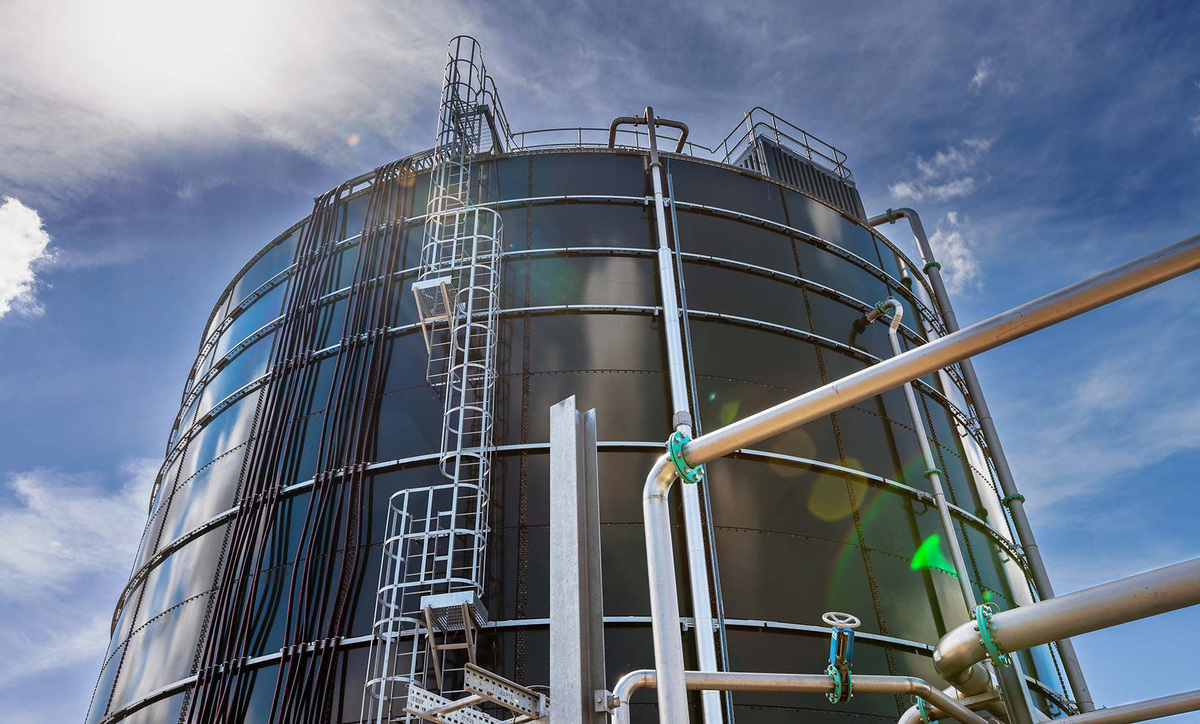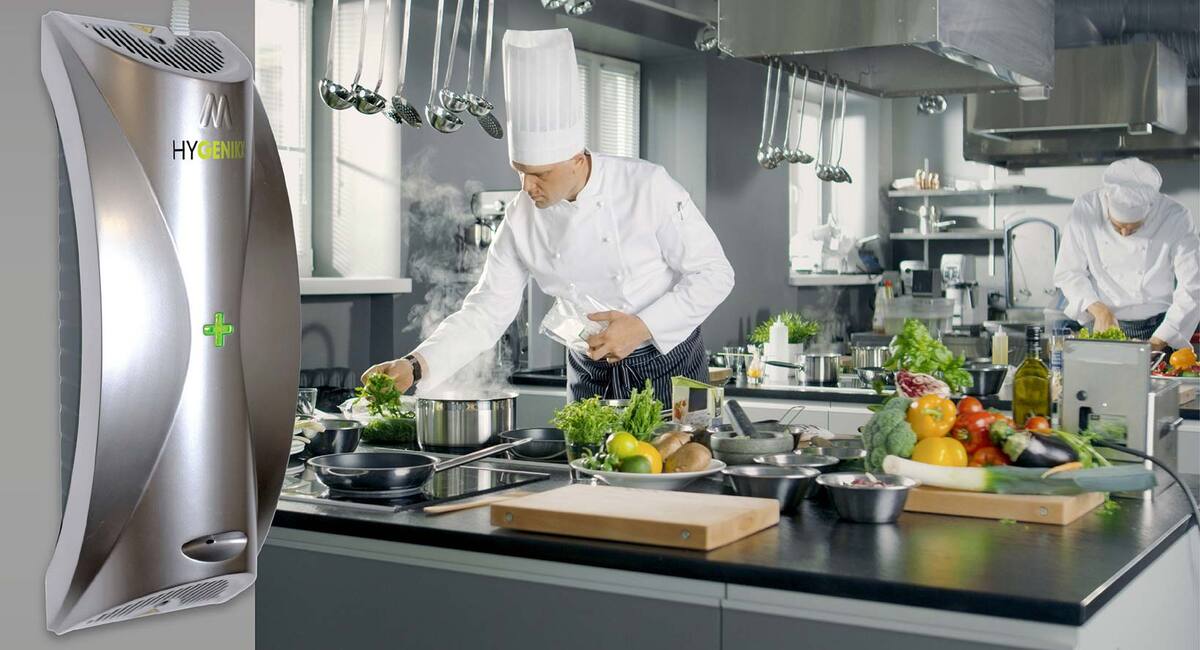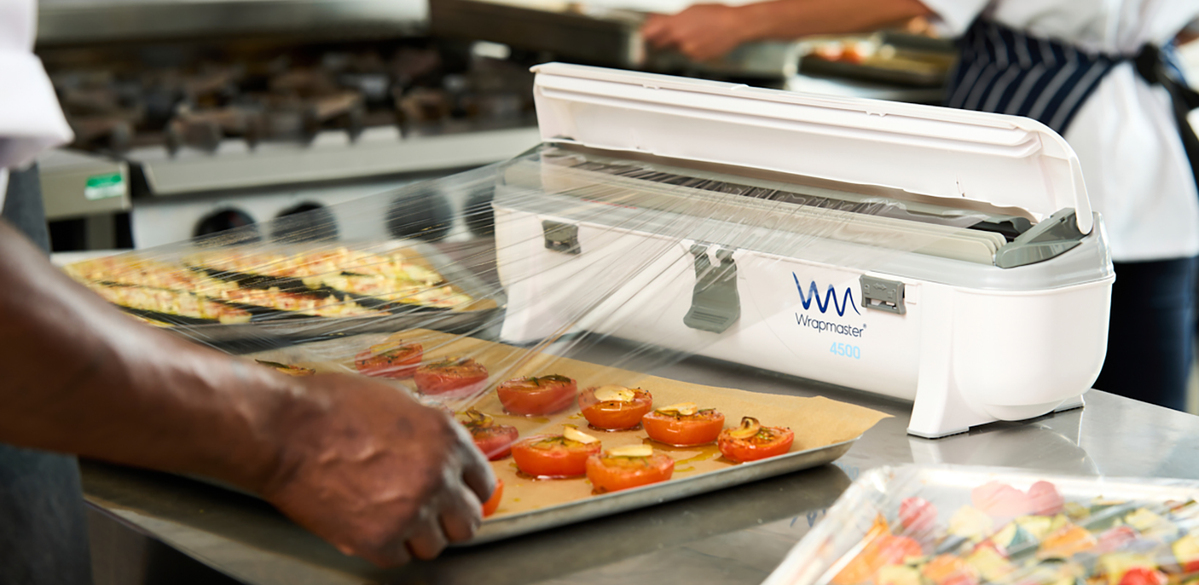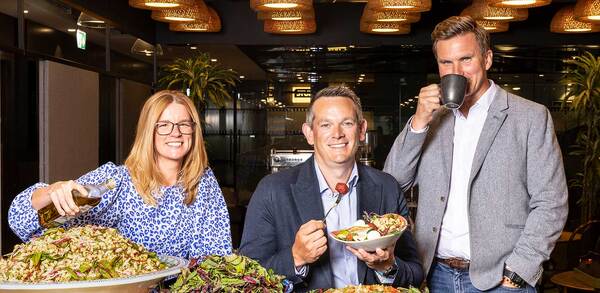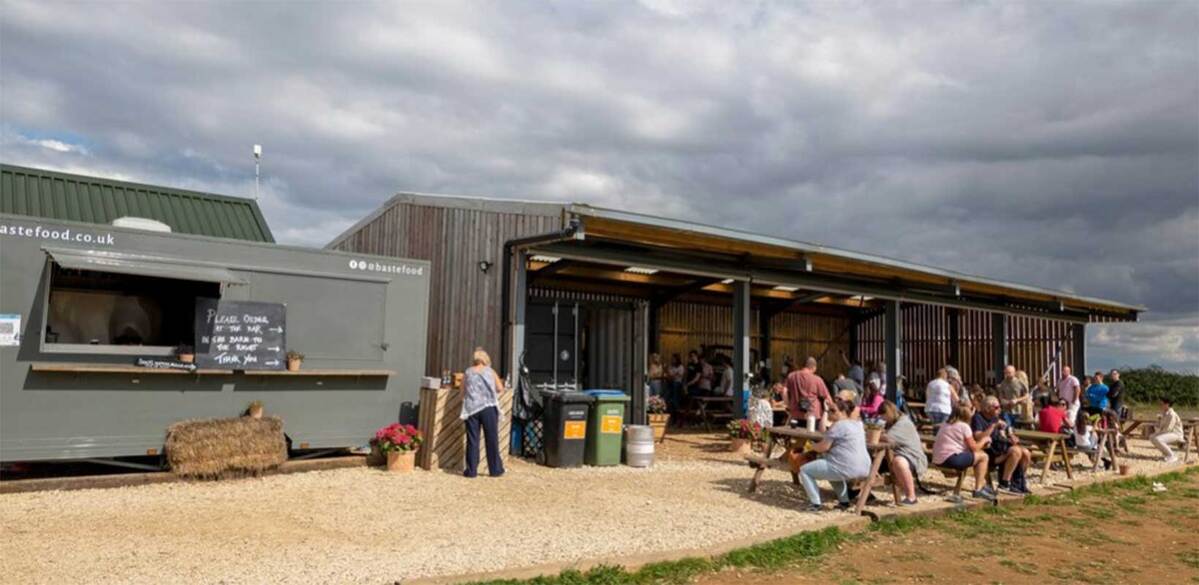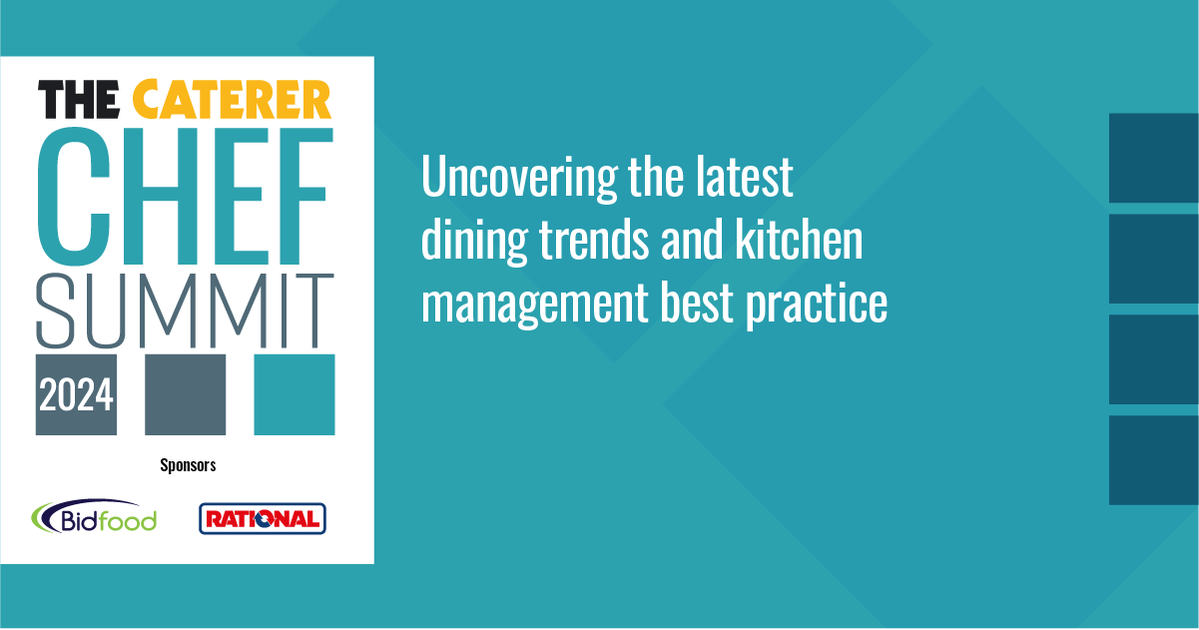How to turn food waste into wealth
Operators need to follow strict rules when disposing of their food waste, but is there a way of cutting the cost as well as cutting down on waste? Clare Nicholls reports
Food waste is probably the last thing any hospitality operator wants to talk about. It doesn’t have the élan of menu creation or the panache of designing a venue, but is nevertheless vital to any professional kitchen. No brigade would want to work in a waste-strewn space with blocked drains, let alone deal with the reputational damage from not taking environmental responsibilities seriously.
Managing waste is becoming ever more key, considering the upcoming changes following the introduction of the Environmental Bill in England, as well as the enforcement of new Welsh food waste laws in April. Sending any food waste to the sewer is now banned and sites will have to segregate their organic waste for kerb-side collection, which will then be processed by an offsite anaerobic digestion (AD) facility.
But with hard-pressed operators now having to bear the cost for waste collection, there are options available for meeting legislative requirements while reducing waste volume.
Reduce the water, reduce the volume
Shrewsbury Hospital was processing 150kg of waste per one-hour service via two on-site macerators, but after installing Ecofast’s WasteStation dewaterer, the processing time shortened by 50 minutes per service and the waste volume was cut by 70%. In terms of operating costs, the site reduced its electricity usage by over 20kW/h per day.
The hospital’s catering manager Ian Stuart says: “We are really impressed by the Ecofast system and service, it works well for our operation.”
Ecofast director Steve Witt feels other hospitality providers could benefit by following suit: “The reduction of collected food waste can be offset by either the capital expenditure of purchasing a machine or the leasing of a waste management solution. In some cases with Ecofast customers, we have found the savings are self-funding.”
Furthermore, to overcome the issue of potentially making huge amounts of existing equipment redundant, these assets can be retrofitted with Ecofast’s mini dewaterer.
One of the biggest variables impacting a site’s bottom line is the labour needed to collect, handle, process and remove food waste from the premises, says David Bentley, specification manager of Meiko’s waste solutions arm Meiko Green. He believes food waste recycling solutions should last a decade or more, so the labour and any extras needed must be calculated and costed to determine which product offers best lifetime value.
Bentley contends that the solution which best reduces handling and the labour required is automated onsite food waste processing for intermediate storage in sealed tanks before collection for conversion to biogas by AD.
“Onsite processing eliminates any secondary handling because no further labour is needed once the waste is disposed of into the receiving hopper,” he says. “It provides ideal feedstock for AD plants while cutting the labour of emptying bins, transporting waste outside and cleaning the bins and bin areas inside and out. Staff movement is reduced, fewer trucks need to be on the road and the cost of bin liners is cut, which adds up to thousands of pounds over a decade for large waste producers.”
The food waste journey is furthered by AD operators such as BioteCH4, whose plants turn waste into biogas that can be used for renewable energy, while leftovers create nutrient-rich digestate to be used as biofertiliser.
BioteCH4 sees AD as positive step towards being more environmentally responsible, and that it can be an ally to the catering sector, especially as in March 2025 all businesses will be required to recycle their food waste. The firm cites Keenan Recycling’s research which estimates that AD can save catering businesses up to £7,000 annually through reductions in landfill taxes or from waste gate fees.
How Café Spice Namaste makes food last longer
The other main method for decreasing food waste costs is to slice the amount generated in the first place. Cyrus Todiwala’s Café Spice Namaste in east London is one venue undertaking waste reduction, having installed Mechline’s HyGenikx air and surface sanitisation units which increase the shelf-life of fresh produce.
Todiwala says: “It is noticeable that fruit and vegetables in our cold room are staying fresher for longer thanks to the HyGenikx unit, which is great as we are committed to minimising food waste in our operation.”
The technology has been independently tested and verified by ALS Laboratories. In trials, shelf-life increased by 58% or about seven and a half days. Out of 11 tested products, the top increases were seen in strawberries (+150% or plus nine days), chestnut mushrooms (+107.1% or plus 15 days), and grapes (doubling to more than 12 days).
"It is noticeable that fruit and vegetables in our cold room are staying fresher for longer thanks to the HyGenikx unit"
Wrapping ingredients also extends shelf-life and food wrap dispenser supplier Wrapmaster is working with chefs and operators to tackle their food waste challenges by reviewing their kitchen processes. When asked, 97% of surveyed chefs said Wrapmaster helped them lower their use of food wrap in the kitchen, thereby reducing costs.

Temperature monitoring can also play a role. The University of East Anglia deployed 40 in-fridge Monika sensors and five handheld Monika probes throughout its onsite kitchens. The system’s automatic alerts helped head chef Mattie Crooks notice one of the site’s fridges was knocked while cleaning, accidentally switching it off. The Monika sensor recorded the appliance was outside the pre-determined safe temperature range and sent out a notification.
“Once the system let me know, I went back to the kitchen, switched the fridge back on and we didn’t lose any food,” says Crooks. “Previously we would’ve been unaware and have had to throw the food away.”
Whether it’s prevention or processing, a holistic view of preserving food and reducing the amount that is thrown away does double duty in saving costs.
Suppliers
BioteCH4 biotech4.co.uk
Ecofast www.ecofastuk.com
Mechline www.mechline.com
Meiko www.meiko-uk.co.uk
Monika www.monika.com
Wrapmaster www.wrapmaster.global



